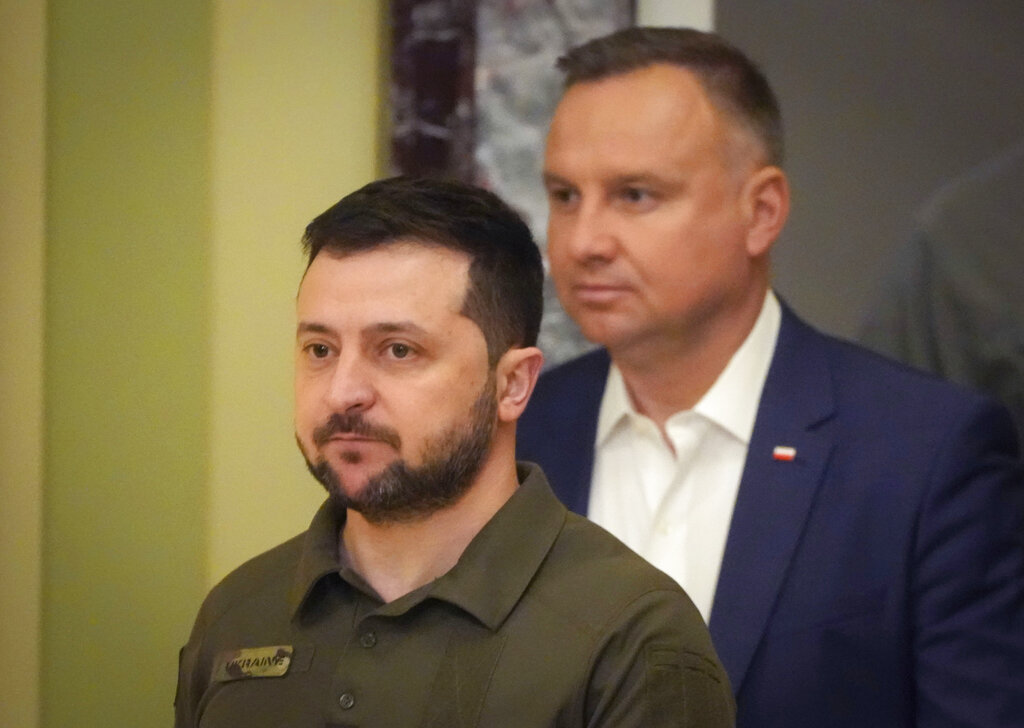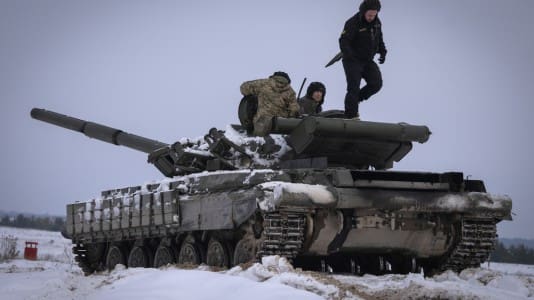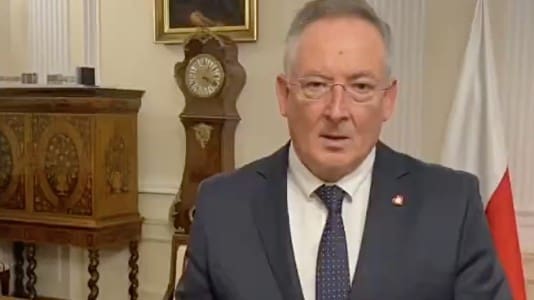Prof. Andrzej Gil from the John Paul II Catholic University of Lublin (KUL), argues that Poland could not be the protector of Ukraine because reluctance and suspicion towards Poland are ingrained in Ukrainians’ genes. This in part explains Ukraine’s shift away from Poland towards Germany following the growing reluctance of the Americans to send more aid to Ukraine.
However, according to the professor, Ukrainian President Volodymyr Zelensky does not understand the difference between Germany and the U.S. in terms of their global roles and that Germany cannot substitute for U.S. military aid. Zelensky’s decision to turn towards Germany is a mark of both his naivety and desperation.
Gil contends that Zelensky had hoped Biden would be his protector, but the American political timetable has made this difficult, as it is the Republicans who seem to be on the offensive.
From that perspective, pivoting toward Germany made some sense, but the problem is the lack of German potential in military terms. The Polish academic argues that from a military perspective, Germany is behind European powers such as France and Britain and cannot possibly supply Ukraine with all it needs. This makes Zelensky’s quest for German protection a wild goose chase.
The academic also denies that the war has in any way reduced the role of oligarchy within Ukrainian politics and its state. Ukraine’s rulers are still committed to governing in the interests of a small social group rather than the nation as a whole. Too few people in Poland understand the scale of the corruption prevalent in Ukraine, and in turn, very few people in Ukraine really understand what is going on in Poland.
“It’s terrifying that after 30 years of Ukrainian independence, the two countries still know relatively little about each other,” said the professor.
Prof. Gil is also skeptical as to whether Poland’s new Tusk government will have a major role to play in the Ukraine war, as it has serious internal problems and it is committed to seeing the EU and Germany lead the way in relations with Ukraine. In addition, Ukraine is using the EU to pressure Poland over issues such as access for Ukrainian agricultural products and truckers to the Polish market.
Gil also says that experts on Ukraine in Poland are not being heard in government circles, as there is no desire to hear the inconvenient truth. This is why the Tusk government cannot do anything, especially in terms of what the conservative PiS sought to achieve regarding Ukraine. All of this has fallen apart, and the country has fallen into chaos, a black hole. “There is no optimism,” concludes the professor.






